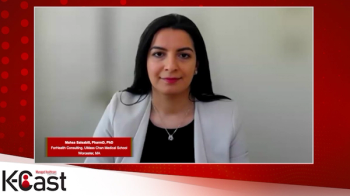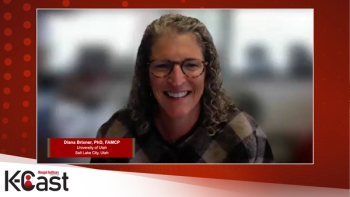
Akili Says Its ADHD Therapy Game Performs Even Better in Adults
The company says the video game-based therapy improved measures of attention and quality of life for adults with ADHD.
The makers of a video game-based digital therapeutic for attention-deficit/hyperactivity disorder (ADHD) say their new trial of adult patients showed the product works even better for adults than it did for children.
Akili Inc.
The product is called AKL-T01 and is sold under the brand name EndeavorRx. The prescription-only therapy is delivered through a video game. Patients are recommended to play the game 25 minutes per day, 5 days per week, over at least 4 consecutive weeks. The therapy is not intended as a standalone therapy, Akili said, but rather as an adjunct to medication or other treatments.
In children ages 8-12 years, the product has been shown to improve scores on the Test of Variables of Attention (TOVA), an assessment designed to measure sustained and selective attention. In January, the company
The latest data pertain to the STARS-ADHD-Adult trial, which enrolled a cohort of 221 adults ages 18 and older who have been diagnosed with inattention or combined-type ADHD. After 6 weeks of use of EndeavorRx, the cohort had an average change of 6.46 points on the TOVA ACS, compared with a 2.64-point change reported in adolescents and a 0.93-point change in children ages 8-12.
Eighty-three percent of patients had a clinical response to treatment, and 36.6% moved into the non-clinical range on the TOVA-ACS test.
In addition, 72.5% of adults in the study said they had seen at least some improvement in their quality of life following the initiation of therapy, with 45.8% achieving a clinically meaningful improvement on the Adult ADHD Quality of Life (AAQoL) scale.
Eleven patients said they experienced adverse events during the trial, the most common of which were nausea and headache.
Akili’s chief medical officer, Scott Kollins, Ph.D., positioned these results as an indication that there is a significant remaining unmet need in ADHD therapy.
“These data come at a critical time as there is a growing demand among adults with ADHD for safe, effective, and accessible non-drug treatment,” he said, in a press release. “It is increasingly recognized that current available options are not working and/or are not available.”
The data also come at a time when the prescription digital therapeutics market has been navigating choppy economic waters, illustrated most notably by the bankruptcy filing last month by one of the industry’s biggest players, Pear Therapeutics.
Newsletter
Get the latest industry news, event updates, and more from Managed healthcare Executive.






















